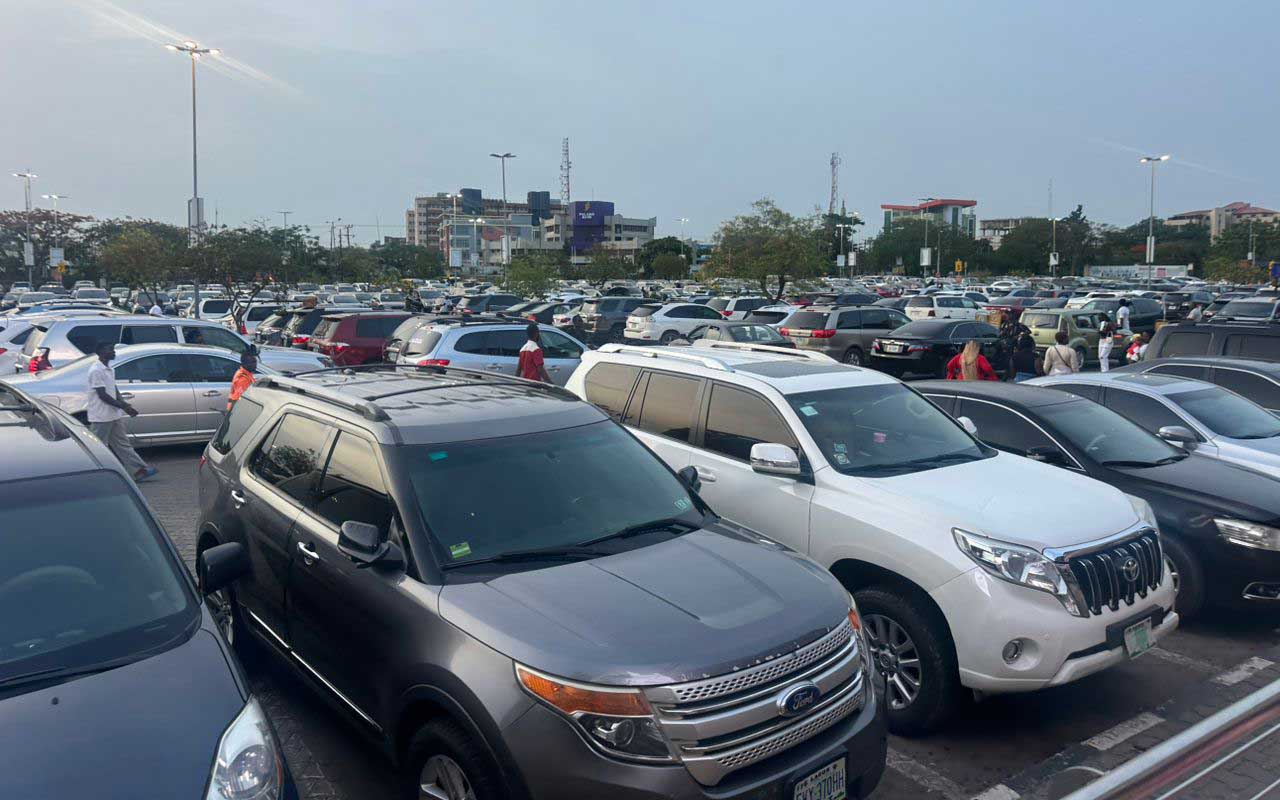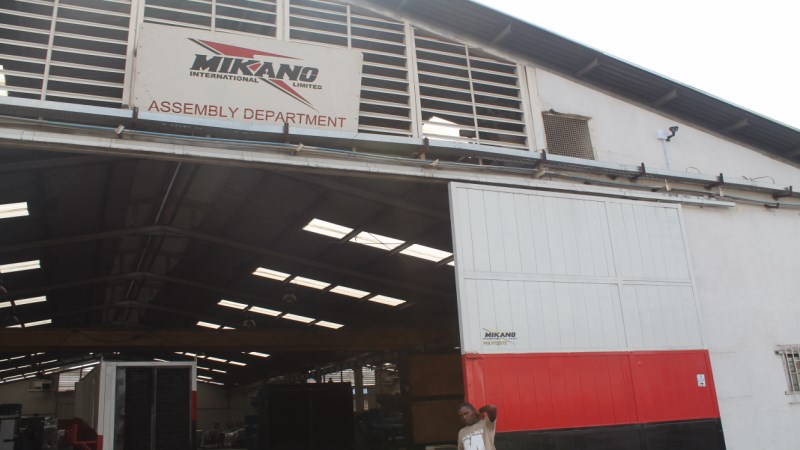If the yearly renewal of tinted permits is scaled through, the Nigeria Police Force (NPF) will generate billions of Naira for the government.
In April 2025, following a directive from the Inspector-General of Police, Kayode Egbetokun, the NPF announced the resumption of the issuance of tinted glass permits across the country.
This development was announced by the Force Public Relations Officer (FPRO), Olumuyiwa Adejobi.
According to Adejobi, the move is in response to rising concerns and complaints from the public about law enforcement agents harassing vehicle owners for using factory-fitted tinted windows.
Previously banned in June 2022, the NPF said the ban then was a proactive move to bolster national security and tackle criminal activities linked to the misuse of tinted glasses.
The proposed tinted glass permit will incorporate distinctive features aimed at enhancing enforcement efficiency and security.
These include a QR code linked to a central database for real-time verification, unique serial numbers correlated with vehicle and owner details, as well as a digital hologram ensuring authenticity and integrity, among other measures.
With the move, the Nigeria Police could generate N167,560,000,000 yearly for the Nigerian economy if the current number of cars on Nigerian roads acquire tinted permits at N14,200 each.
While it is difficult to determine the exact number of tinted cars in Nigeria, number of private car owners with factory-fitted tinted windows or cars with aftermarket tints installed for privacy or sun protection, as there’s no official tracking system, however, a 2018 report by International Trade Administration indicated that there were 11.8 million vehicles in Nigeria.
Of these, approximately 50 per cent are in Lagos and Kano states. With 39 per cent being privately owned, 56 per cent being commercial, 1.1 per cent government, and 0.4 per cent diplomat-owned. While not all vehicles are tinted, it’s safe to assume that a significant portion, particularly in major cities, have some form of tinting.
In Nigeria, the use of tinted glass on vehicles is generally prohibited unless a permit is obtained. This is because tinted glass can hinder police visibility, and the police said it is sometimes used in criminal activities.
While a motorist pays a sum of N15,000 for a tinted permit on a vehicle, which is not to be renewed yearly, however, the current leadership of the Nigeria Police is shifting from that.
Reacting, a motorist, Cyril Anyika, said: “Before now, car owners paid once and used it as long as the car is maintained by the original person that acquired the permit but now, a car owner will have to pay yearly.
“Documenting once is enough and if there is any need to change a car, a motorist will come back to change instead of yearly payment. N14,200 is a lot to be paid yearly; we pay for roadworthiness, Central Motor Registry (CMR), insurance and now N14,200.
“Police officers harass motorists, who are not aware of the situation on tinted permits, not everyone is aware that the implementation is yet to take off. Recently, I had an issue while travelling to the East, they stopped us at every checkpoint, and it got so annoying at one point that I had to pull off the tint to avoid being delayed and harassed. I use tints because of my sight.”
Speaking with The Guardian, Managing Director, AutofixR, Adeola Tokan-Lawal, said: “From my observation, Tinted Permit should be renewed yearly. About the price, let’s look at what it could afford five years ago and what can be achieved with that this year.
“The price of a car is not the same. A car bought N1 million five years ago is now N7 million and if you are asked to pay N14,200 for a tinted permit for the same car, it’s not too much to do.
“When asked why the tinted permit is proposed to be renewed yearly, Adejobi said: “We are going to review it and speak on it officially. We are going to review so many things, and we are going to update the public.
“Also on the price, NPF will review and update everyone. We have not made an official statement telling Command to enforce so, we will come up with a statement.”






